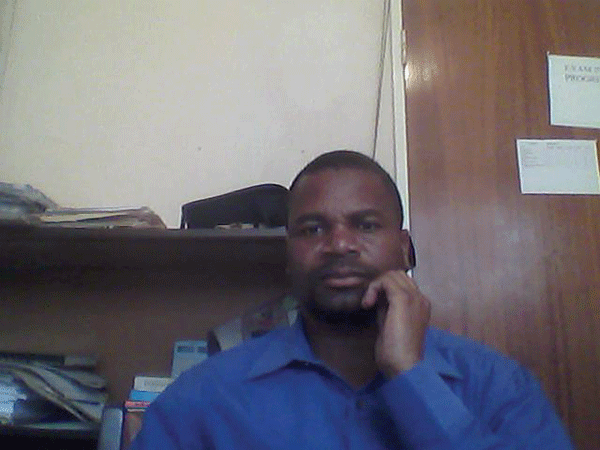
While it is not bad to talk and be listened to, it would be disastrous if nations just invest in words and fail to act, as actions authenticate messages. If leaders have been fooling the world with their rhetoric and getting away with it, then climate change will serve as a rude awakening for many.
OPINION: Peter Makwanya
The Marrakech, 22nd Conference of the Parties (Cop 22) is just around the corner and this time it is coming to Morocco, Africa. Placing Morocco in the African context is a bit problematic, as for over four decades, the country was not part of the Organisation of African Unity and its predecessor body, the African Union (AU).
While l have no beef with Morocco, I am not quite sure how it can articulate African concerns.
However, what binds Morocco with other African countries are the environmental concerns – that despite its absence from the moribund AU – it has been quietly doing its own thing to improve the livelihoods of its people, and investing in renewable energy, in the form of solar power and exporting it to Europe.
Hats off to Morocco for this.
The AU, despite its size and position in global politics, seems unable to formulate a position on climate issues.
A closer analysis would reveal that leaders of developing countries have invested lots of their time in talking without sustainable actions, and in many cases, playing to the gallery.
- Chamisa under fire over US$120K donation
- Mavhunga puts DeMbare into Chibuku quarterfinals
- Pension funds bet on Cabora Bassa oilfields
- Councils defy govt fire tender directive
Keep Reading
While talk is cheap, action is paramount. The major undoing for African leaders is not being able to translate climate noise into action. Not many African governments are making any meaningful strides into taking action into protecting their environments, as they fail to sometimes walk the talk.
It is not that Africa as a continent has no voice, but there is not enough action to bolster the African voice in this regard. Yes, Africa has discovered its voice, but it is still to work on momentum and acceleration.
Leaders from the developed nations take advantage of Africa’s inability to initiate action by dilly-dallying in ratifying the Paris Cop21 treaty. While many developed countries are anticipating ratifying the 1,5 degrees threshold and other matters of concern, not enough legal instruments have been put in place and as such these carbon sinners have leeway to continue polluting.
In principle, this means that world leaders are just talking and will continue to talk, while nothing meaningful will be obtaining on the ground as well as being translated into action.
Even African leaders also expect action from developed countries in the form of climate finance, but in their own countries, these leaders are not embarking on climate action to combat effects of climate change.
As they continue to talk and wait, they will be disappointed by the inaction on climate issues.
Too much climate talk and procrastination is already taking a toll on the continent.
As Cop22 is about to take-off in Marrakech, Morocco, climate action is one of the key issues, together with how countries or other groups are working towards the 1,5 degrees goal, resilient issues, climate induced security risks and mitigation will be tabled for extensive deliberations.
On the other hand, developing countries need to come up with concrete resilient measures before disasters strike. But it is what these countries do that matters most rather than what they say.
With the harsh climate change realities setting in, it is recommended that these countries invest in smart farming, as well as in sustainable smart green buildings in order to shield their populations from weather extremes.
Rather than presenting themselves as fountains of wisdom to their communities, these leaders should empower their local communities to be better prepared for natural disasters.
Finally, it is the duty of developed nations to take serious steps and action towards reducing greenhouse gas emissions and invest more in renewable energy, otherwise the oncoming Cop22 will be damp squib or simply a holiday in the Mediterranean as success is always at the top and they should continue to strive for more climate action oriented interventions.
Peter Makwanya is a Climate change communicator. He writes in his own capacity and can be contacted on: [email protected].











